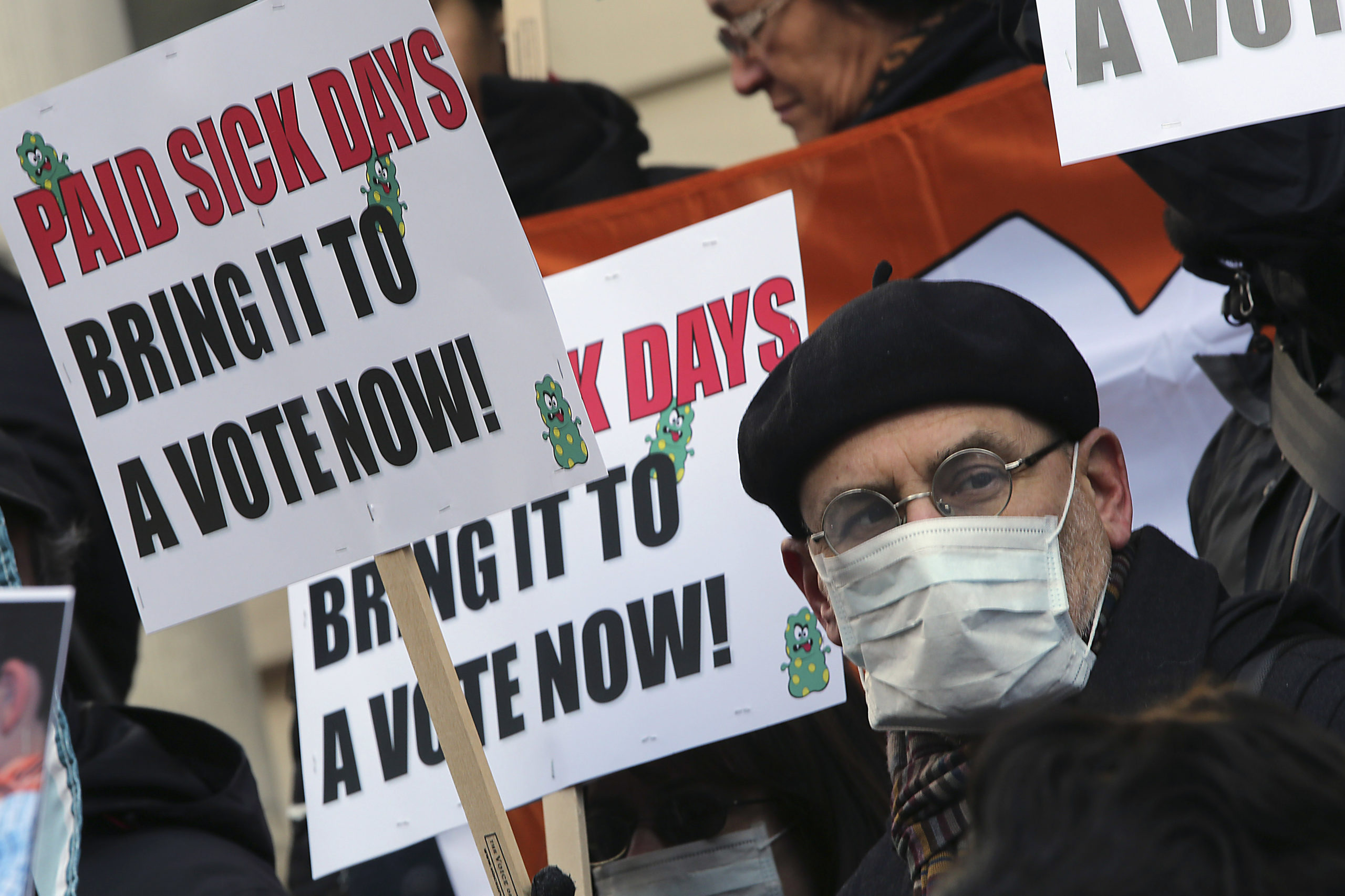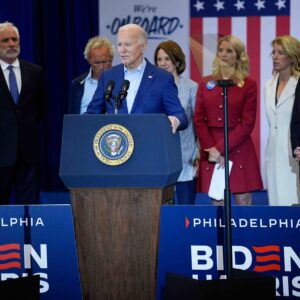The threat of a rail worker strike is now over. Rail workers were pushing for paid sick time off. An amendment was put into a bill before it headed to the Senate. The amendment would have given rail workers 7 days of paid sick leave. However, the amendment did not make it through the Senate. President Biden is expected to sign the agreement before Saturday putting a stop to a potential strike.
Yes, stopping the strike was needed to avoid an estimated loss of $2 billion per day for America. However, rail workers will remain a part of the more than 33 million U.S. workers who do not receive paid sick leave from their employers. That’s according to the Advocacy Organization Family Values At Work Action.
Some employers voluntarily offer this benefit, and more than half of U.S. states require employers to provide it, but there is no federal standard.
If you don’t offer your employees paid sick leave, here’s why you should reconsider.
According to Equitable Growth, paid sick time reduces worker turnover and lowers the number of call-outs, increasing productivity. The policy also helps to prevent the spread of viruses. Happier, healthier employees and increased productivity are a win-win for both parties.
Besides productivity, as a leader, consider what kind of leader you want to be. Should the government force you to put a policy in place allowing workers to take care of their health without worrying about financial hardship? If you’re thinking of how much the policy will cost you financially, compare the number to the costs of constantly hiring new employees because of high turnover rates.


















Add comment